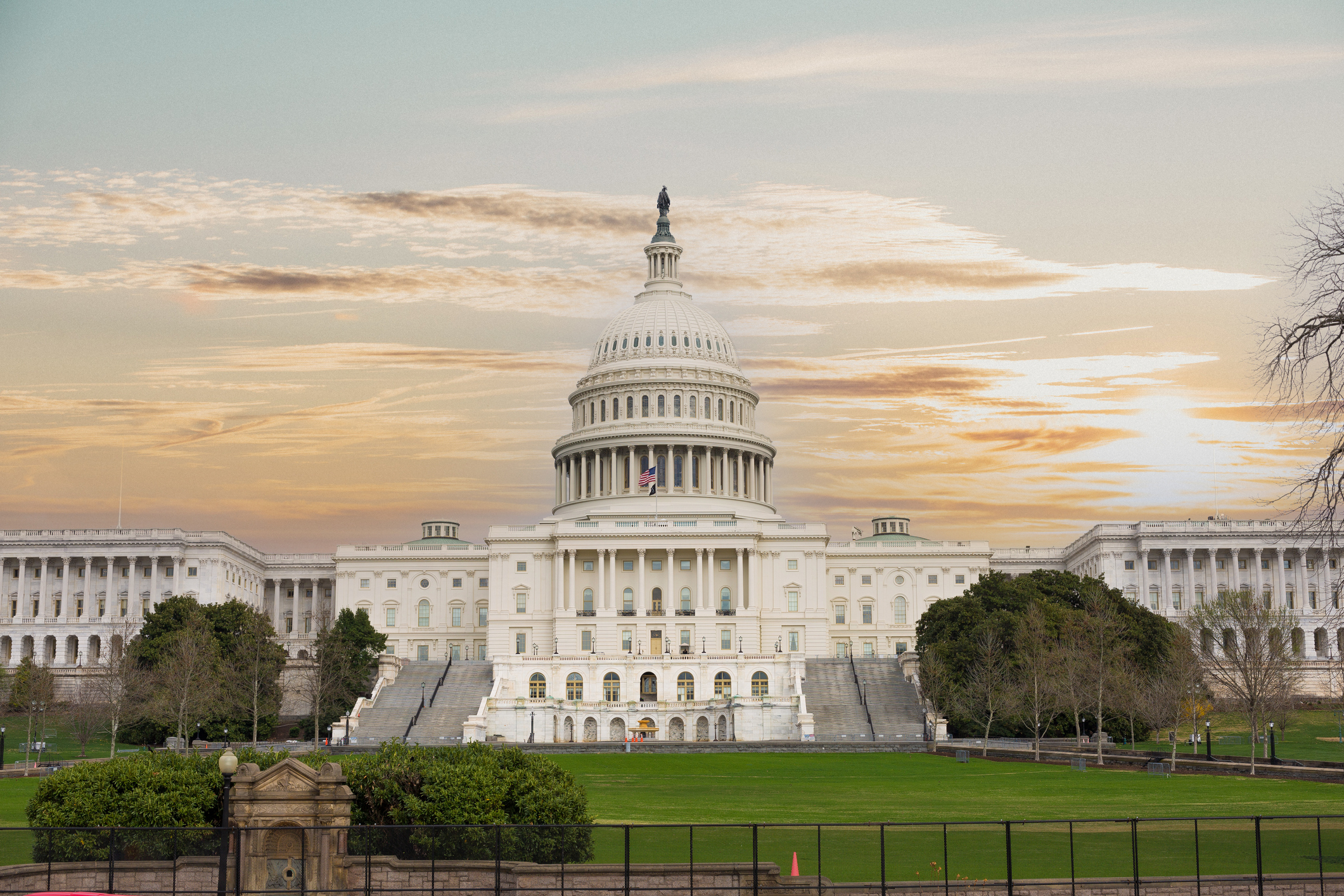Senate Bill Would Boost Alts in Defined Contribution Plans

Republican members of the U.S. Senate Banking Committee have introduced the Retirement Savings Modernization Act to “bolster American’s retirement savings” by allowing defined contribution plans, such as 401(k)s, to more readily invest in alternative assets.
Republican members of the U.S. Senate Banking Committee have introduced the Retirement Savings Modernization Act to “bolster American’s retirement savings” by allowing defined contribution plans, such as 401(k)s, to more readily invest in alternative assets.
Senators Pat Toomey (R-Penn.) and Tim Scott (R-S.C.) sponsored the bill in the Senate. They were joined by Rep. Peter Meijer (R-Mich.), who is the lead sponsor of the legislation in the House of Representatives.
“Inflation has eroded and devalued the savings many Americans spent their lives accumulating,” said Scott. “This bill would modernize retirement plans to ensure they can provide diverse investments with higher returns. American workers and their families deserve to go about their lives with peace of mind, knowing their hard-earned money will be secure when they choose to retire.”
This legislation would revise the Employee Retirement Income Security Act of 1974 (ERISA) to clarify that retirement plan sponsors may offer plans that are prudently diversified. This includes traditional assets already generally adopted by direct contribution plans and alternative assets, such as private equity, hedge funds, venture capital firms, real estate assets, real estate investment trusts and various commodities.
According to Toomey, although these alternative investments are already technically allowed in direct contribution plans, the risk of lawsuits have dissuaded 401(k) planners from adding them to their managed plans.
Alternative investment industry leaders, such as the Institute for Portfolio Alternatives, have long advocated for increased access to alternatives via defined contribution programs.
“To provide equal access to the full benefits and range of investment opportunities offered by alternative investments, the SEC must provide retirement savers with meaningful access to private funds by updating their ‘look through’ requirements,” wrote IPA President and CEO Anya Coverman in a commentary published by The DI Wire earlier this year. “Right now, defined benefit plans regularly invest in private funds, but defined contribution plan participants generally cannot.”
The sponsors of the legislation claim that the act “will level the playing field” for 401(k) plan savers by unlocking access to the diversified exposure that has benefited pension plan participants for four decades. The bill clarifies that a range of alternative investment options could be recommended, selected or monitored without breaching fiduciary obligations and that expenses related to such investments, which are typically higher than those charged by traditional investments made in typical 401(k) plans, would be acceptable.
According to the bill’s sponsors, the legislation would specifically:
- Clarify that plan fiduciaries may select investment options that include a range of asset classes, including real estate or real estate-related securities, as well as investments in “any fund, commingled account, or pooled investment vehicle…” While nothing in ERISA currently limits the asset classes that may be included in a plan, this legislation makes clear that Congress intends to let investment professionals determine the appropriate range of asset classes.
- Protect ERISA’s fiduciary standard. A unanimous U.S. Supreme Court has affirmed that ERISA’s fiduciary duties are “the highest known to the law.” Fiduciaries must still select investments through a prudent process, and the bill explicitly does not create a safe harbor from a fiduciary’s legal duties.
- Promote the prudent diversification of retirement savings plans. The bill does not require that plan participants have access to specific asset classes, but it provides fiduciaries with the tools to better ensure diversification.
The bill has been introduced near the end of the legislative year in the hopes that it may be incorporated into a year-end tax bill. Should the legislation fail to be adopted by the end of 2022 it would need to be reintroduced when the new Congress convenes in January, when lead sponsor Toomey will have retired. Sen. Scott is widely expected to be reelected to his senate seat in November.